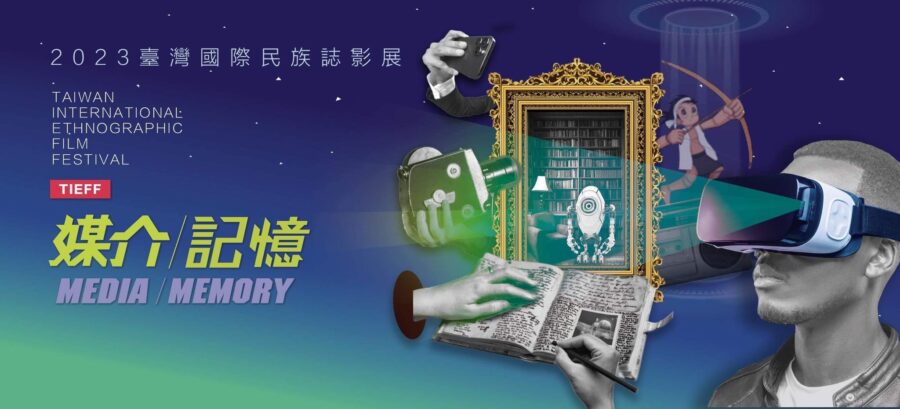Become a real human being
‘If school is the mandatory pathway for educating our children, then we need to change the curriculum.’-Yang Ping, teacher of Timur Elementary School Grade Four.
Director Sasuyu Ubalat recalled that all the education he had in his childhood was based on Chinese culture, similarly to the ‘stolen generation’ in Australia. The film explores the core values of Timur Experimental Elementary School. From the close relationships and developments between teachers, parents and students, we see the importance of the revival of ethnic languages and ethnic education. In a difficult time where the elders are ageing and ethnic cultures are rapidly disappearing, Timur Experimental Elementary School still strives to develop its own ethnic curriculum for the modern educational environment.
